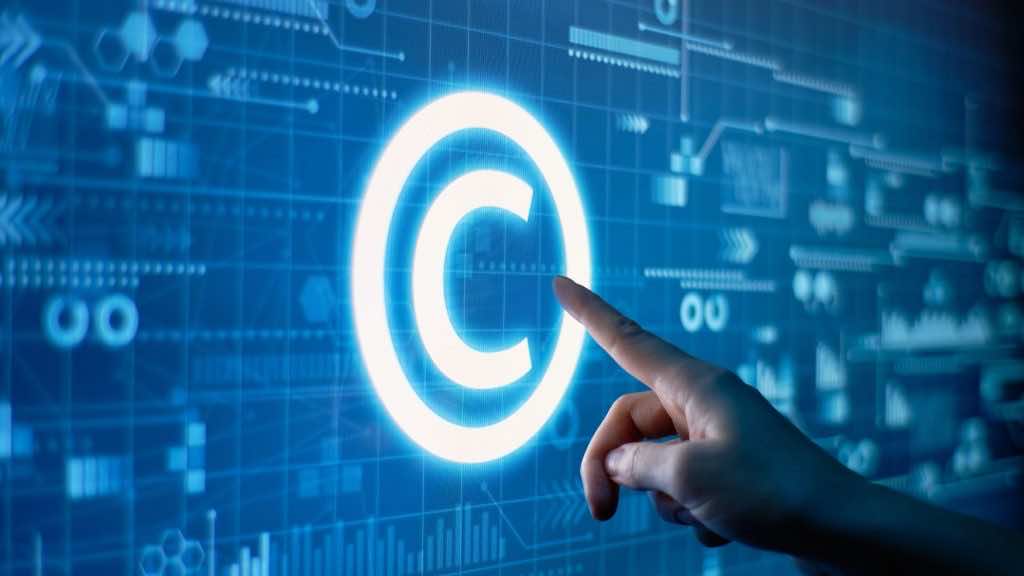Nowadays, it’s very common to see new technologies that profit from artificial intelligence (AI) in some way, but what about AI-created inventions—do we give a machine patent, right?
This is the problem that lawmakers globally are trying to solve. In a commentary published in the journal Nature, two professors from UNSW Sydney address the implications of patents being given to an AI entity.
“As it stands, patent law is insufficient to deal with such cases and requires legislators to amend laws surrounding IP and patents—laws that have been operating under the same assumptions for hundreds of years,” said intellectual property (IP) law specialist Associate Professor Alexandra George and AI expert, Laureate Fellow and Scientia Professor Toby Walsh.
Dr Stephen Thaler, president and CEO of the US-based AI business Imagination Engines, designed a machine known as DABUS (Device for the Autonomous Bootstrapping of Unified Sentience). DABUS developed two products: an insulated and stackable food container and a flashing light for drawing attention in a crisis.
In 2021, DABUS was believed to be the sole inventor after a trial court upheld Dr Thaler’s appeal against IP Australia’s rejection of the patent application five months earlier. The appeal was upheld by a judges panel after the Commissioner of Patents filed an appeal with the Full Court of the Federal Court of Australia. The court determined that an artificial intelligence system could not be named as the inventor.
“The attempt to get DABUS granted a patent for the two discoveries immediately raises questions about existing rules that have only ever treated individuals or entities composed of humans as inventors and patent-holders,” says A/Prof. George.
“Even if we accept that an AI system is the true inventor, the first big problem is ownership. How do you work out who the owner is? An owner needs to be a legal person, and an AI is not recognized as a legal person,” she says.
Under intellectual property law, ownership is significant as, in its absence, there would be no incentive for others to invest in new ideas.
“Another problem with ownership when it comes to AI-conceived inventions is even if you could transfer ownership from the AI inventor to a person: is it the original software writer of the AI? Is it a person who has bought the AI and trained it for their purposes? Or is it the people whose copyrighted material has been fed into the AI to give it all that information?” asks A/Prof. George.
One of the prerequisites for inventions and patents, according to Prof. Walsh, is that the product or idea be distinctive and valuable.
“There are certain assumptions built into the law that an invention should not be obvious to a knowledgeable person in the field,” Prof. Walsh says.
“Well, what might be obvious to an AI won’t be obvious to a human because AI might have ingested all the human knowledge on this topic, way more than a human could, so the nature of what is obvious changes.”
Since Dr Thaler has given DABUS constraints to work under, it’s questionable whether the system is genuinely credited for the concepts, Prof. Walsh remarks.
“There’s lots of involvement of Dr Thaler in these inventions, first in setting up the problem, then guiding the search for the solution to the problem, and then interpreting the result,” Prof. Walsh says. “But it’s certainly the case that without the system, you wouldn’t have come up with the inventions.”
Both professors believe that countries worldwide will need to modernise their legal systems when it comes to IP patents. They’ve recommended “AI-IP,” a new IP law designed solely for the circumstances of AI-generated inventiveness.
Dr Thaler has asked the High Court of Australia for “special leave to appeal” the DABUS case. However, it’s hard to ascertain if the High Court will agree to appeal the decision. Meanwhile, the case is still being litigated in various jurisdictions worldwide.
Source: UNSW

